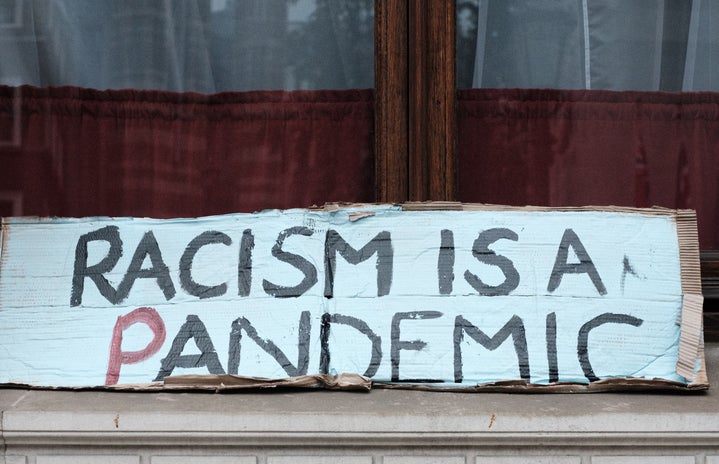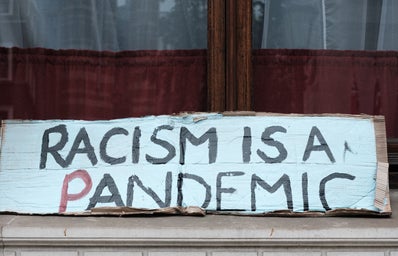“For this you will be vacationing in North Korea for the next 20 years!” asserted Bayern 3 German radio presenter Matthias Matuschik on Friday, February 26th, 2021 (Yes, this was said THIS year).
To say that Matuschik was upset at global music group BTS for performing a cover of Coldplay’s “Fix You” was an understatement.
“They’re just some crappy virus that hopefully there will be a vaccine for them soon as well,” he continued.
Matuschik justified his obviously racist remarks towards the 7-member group by stating that he “has a car from South Korea” (it was later uncovered that his car is actually from Japan, not that it matters much).
BTS, a South Korean boy group composed of 4 vocalists and 3 rappers, debuted in 2013 and has been steadily climbing up the music charts since. The grammy-nominated band has been crowned the IFPI Global Recording Artist of 2020 as of March 4, 2021, and is confirmed to perform at the Grammys on March 14th. In addition to performing musical concepts about the societal pressures placed on youth, the rampant classism that plagues this century, and even anthems about loving yourself, the group are active philanthropists and their UNICEF campaign has raised about $2.98 million as of March 2021.
The group has been praised for their passion and work by several, including the President of South Korea, Moon Jae-In; MTV, who were the ones that requested BTS to perform on their MTV: Unplugged series; and Coldplay themselves. Coldplay praised BTS’s cover of “Fix You” with a tweet, writing “Beautiful” in Korean.
After the incident with the xenophobic comments made by Matuschik, trending tweets demanding Matuschik and Bayern 3 to apologize arose from BTS fans and non-fans alike. It was recognized by many that this issue was not specific to BTS themselves, but shows a broader sense of racism against the Asian community.
The statements Bayern 3 put out did not take accountability for these xenophobic comments. They claimed that Matuschik was playing a “character” who voices “his opinion clearly, openly…in his attempt to express his opinion in a clear, open and ironic, exaggerated way and with exaggerated excitement.”
Many agree, however, that there is a line between expressing your opinion and being blatantly racist–– and comparing BTS to COVID-19 is an example of blatant racism. Public figures such as Matuschik (even if their audience isn’t as large as others) making these statements further shows how common and “normal” it is to be racist towards Asians.
Especially during COVID-19, hate crimes against the Asian community have been at an all-time high.
According to VOA News, hate crimes targeting Asian Americans spiked by 150% in major US cities. According to BBC News, examples of hate crimes against the Asian community include, but are not limited to, “an elderly Thai immigrant [dying] after being shoved to the ground. A Filipino-American [slashed] in the face with a box cutter. A Chinese woman [slapped] and then set on fire.”
Even before the 2020 pandemic, racism against other Asian minority groups, including South Asians, has been normalized.
There have been microaggressions of calling Desi people “Baljeet” from Phineas & Ferb (since this was the only representation of South Asians in the media several people have had). There have been caricatures of portraying them with heavy accents and making them overly intelligent and socially awkward. Most alarming, the post- 9/11 hate-crimes against South Asians who also identify as Muslims have been widespread. It is clear that racism against the Asian community is not limited to only those of East Asian descent.
Although the systemic racism against Asians is deeply rooted in the United States, especially due to the model minority myth, there are a few ways now that we can help prevent and control xenophobic actions: Hold people who make racist remarks accountable, and be informed about the racism against the Asian community that still persists to this day.



